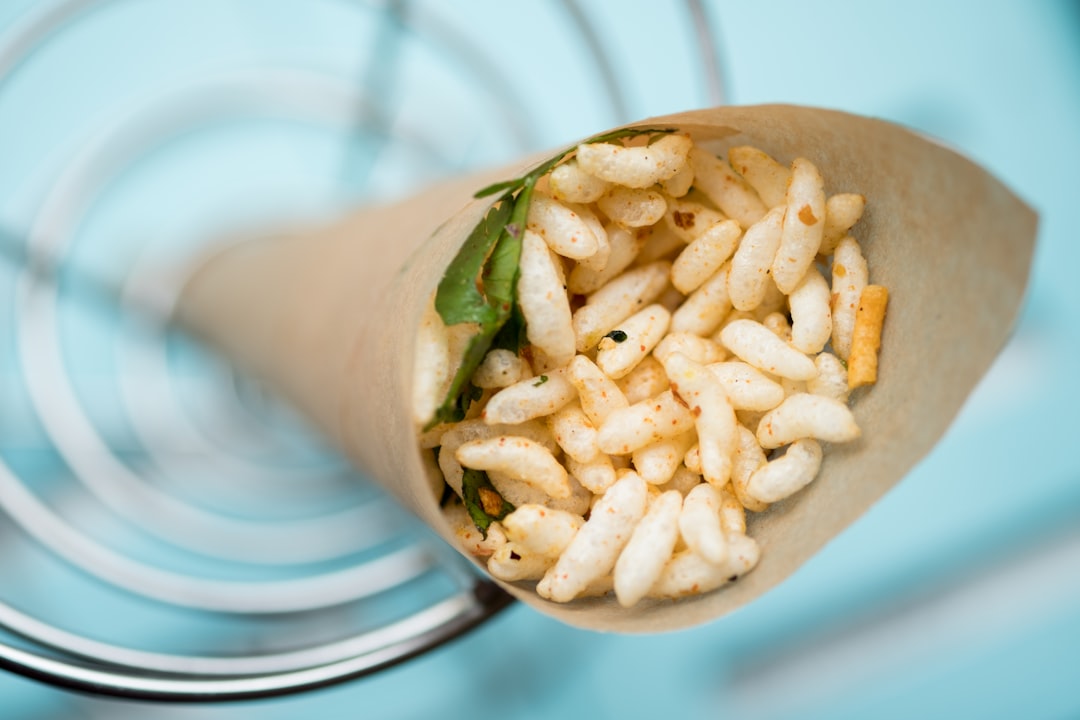What is it about?
Objective: This cross-sectional study assessed the effect of food donations on total nutrient intake of clients of a food pantry in Central Texas. Methods: Nutrient intakes of total, base and food donation diets were estimated for 112 food pantry recipients using specific questionnaires; and then compared to the Dietary Reference Intakes (DRI) and 2015-2020 U.S. Dietary Guidelines. Results: Food donations accounted for more than half of the client's daily intake of energy, carbohydrates, vitamin B6, phosphorus, copper and selenium. Yet daily total intake remained less than their DRIs for carbohydrates, poly-unsaturated fats, dietary fiber, fat soluble vitamins and vitamin C, and was even lower for calcium, magnesium and potassium. Total food intake of clients almost met the U.S. Dietary Guidelines for refined grains, fruits, vegetables, and meat; however, the amount of whole grains and dairy was inadequate. Conclusions: Supplemental foods offered at food pantries are an important resource for improving nutrient intake of low-income populations.
Featured Image

Photo by Joel Muniz on Unsplash
Why is it important?
This is the first study to measure the relative value of the nutrients contributed by food donations to the total dietary intake of the recipients. The food donation substantially improved the nutrient status of the population, such that amounts of energy and the energy nutrients exceeded the DRIs. Finally, health professionals could provide strategies to the directors of the food pantries regarding the type of foods that could be included in the offered box.
Perspectives
Dietitians, nutritionists and other educators should be encouraged to volunteer to participate in organizations that provide food donations, as these are an important asset for improving the health of the community. Methods to achieve greater participation in food donation might be to encourage universities and colleges to include such volunteerism in the school curriculum, or as part of student training prior to graduation, or for professional societies to incorporate volunteerism within the curriculum of continuing professional development.
Dr. Tamara Yousef Mousa
University of Jordan
Read the Original
This page is a summary of: Impact of food pantry donations on diet of a low-income population, International Journal of Food Sciences and Nutrition, April 2018, Taylor & Francis,
DOI: 10.1080/09637486.2018.1466271.
You can read the full text:
Contributors
The following have contributed to this page










